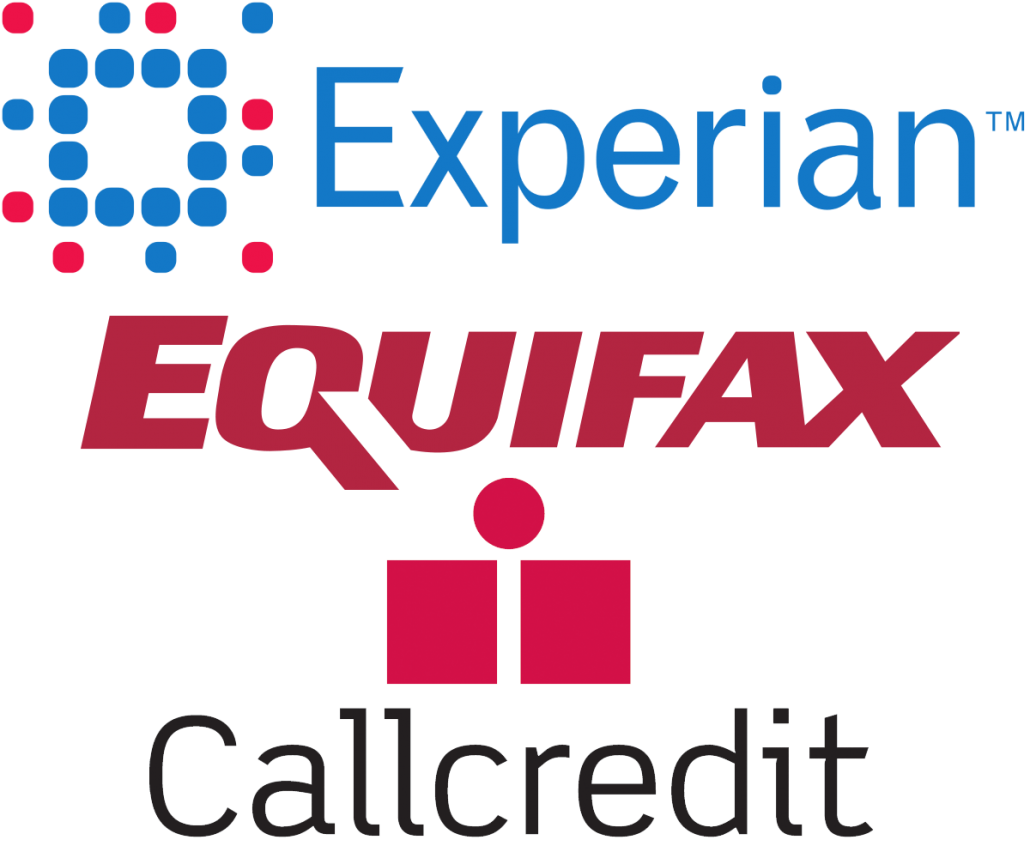What Happens if My Loan Has Been Declined?
Last updated on April 4th, 2025 at 01:15 pm
If your loan application has been declined, you will usually find out immediately with a message on the screen or you will be sent an email saying that your application has not been approved.
When you make a loan application to borrow money for £500, £800 or even £5,000, you can be pre-approved and passed on for further checks, or your loan can be outright declined. This is for all types of loans including personal loans, short term loans and payday loans.
You can also be declined at a later stage. You may get past the first stage and the lender could ask you to send income or bank statements or speak with them over the phone, but still get declined at this point.
Importantly, when your loan application is declined, you are not charged any fees, any interest and there is no further action required.
Will a Credit Check Be Carried Out If My Loan Is Declined?
Yes, if you are declined in the early stages, a soft credit check may be put on your credit file which will look at your credit report and shortly disappear afterwards.
If your loan application progresses, a hard credit check may be carried out by the lender – and this will stay on your file for at least 12 months but will not cause any harm or incur any fees.
Hard checks are important for lenders to be able to see your full credit history in more detail – and it is an important warning to other lenders that you have recently applied for credit and too many searches could look suspicious.

Here are the credit reference agencies that are used by UK lenders to check the credit scores of customers.
Why Might My Loan Have Been Declined?
There are several reasons why your loan may be declined:
Did not meet the criteria: Lenders usually have a criteria for the types of loans that they offer (personal, secured, payday) and this usually starts with being a minimum age and having a minimum income per month. In the earliest stage, if you do not meet this criteria, your loan application will be declined.
Your information was not correct: UK lenders are able to cross-reference your details with other databases, government records and credit reference agencies. If you give false information about your name, date of birth, address, contact details or inflate your income, this can be easily discovered and your loan enquiry might be declined.
Failed credit checks: Loan companies will usually have a minimum credit score requirement to be approved for a loan or to be passed onto the next stage. This will be according to credit scores that the lender accesses via Experian or Equifax. If your application does not meet the minimum criteria at that given time such as 560, 600 or 720, your loan may be rejected.
Failed affordability checks: A key part of the underwriting and loan approval process is affordability checks, where lenders try to match the amount you want to borrow, (such as £400 or £1,000) with how much you can afford based on your proposed income and expenses. The lender may request proof of income or expenses for further information, but if they deem that the loan is not affordable for you, your application may be declined.
The lender does not have capacity to fund more: Importantly, every lender is different and they may have a certain number of loans that they can approve each month or a certain cumulative amount overall. For this reason, you may find that your loan is declined, even if you seem to be a good candidate. But this is not because you have failed any checks, it might simply be because the lender has no more funds to lend out or may be more strict during certain periods.
Should I Re-Apply On The Same Website Straight After?
No, if you have been declined for a loan, it is not recommended to apply again straight after, even though this is very often done by loan applicants.
It is common for potential borrowers to think that they might be approved if they apply again straight after – and just make a small tweak to their personal details or loan request amount.
But usually applying again is considered a red flag by lenders and it is not advised to try to ‘beat the system.’
Can I Ask The Lender Why I Might Have Been Declined?
Yes, it is possible to ask your lender why you have been declined. Some may give you a quick and immediate response and some may say that they have no obligation to tell you why your loan was rejected. But by law, there is nothing wrong with asking by email or phone why your loan has been declined.
What Can I Do To Increase My Chances Of Being Approved For A Loan?
There are certain things you can do to maximise your chances of being approved for a personal loan. This includes:
Check the initial criteria: A lender will usually have an initial criteria in order to be eligible to apply. Make sure you check this before you apply. There might be certain requirements relating to age, residential status, security or monthly income which is essential to be approved.
Give honest information: Being honest with everything you enter into your loan application is essential. This includes giving your own personal details, and not the details of anyone else and giving a true and accurate figure when disclosing your income and expenses. Any inflated amounts will raise suspicions.
Be realistic with what you can afford to borrow: So many borrowers want to access as much cash as possible, but this may be unaffordable for them. After all, you need to be able to borrow an amount that you can afford to repay each month and if your income is not high enough or you have other living costs, this will not be affordable and the lender will pick up on this.
Improve your credit score: Having a strong and stable credit score is one of the most key things you can have to improve your chances of being approved for loans and credit. You can check your credit score for free and also carry out some tasks to improve your credit score. This includes paying off any debts that might be outstanding, closing any credit cards that you no longer need and making sure that you are on the electoral register.


Leave a Reply
Want to join the discussion?Feel free to contribute!